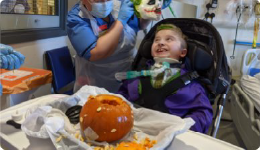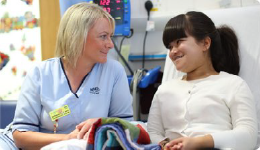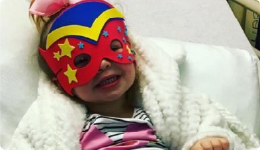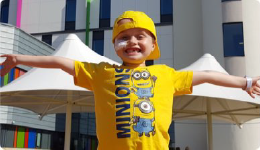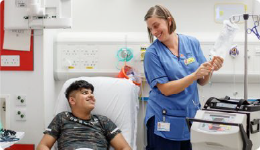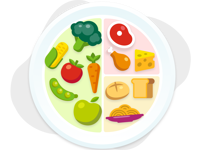 It is time to move on to a well chopped up texture. Continue to offer your baby a wide variety of textures, flavours and a rainbow of colours. Come back to foods your baby has refused before. Offer these foods again but don’t force your baby to eat them. It can take up to 10-15 attempts before a baby will accept a food. Your baby will be able to enjoy minced and chopped textures and continue with finger foods. Make life easier, cook the same healthy foods for the whole family!
It is time to move on to a well chopped up texture. Continue to offer your baby a wide variety of textures, flavours and a rainbow of colours. Come back to foods your baby has refused before. Offer these foods again but don’t force your baby to eat them. It can take up to 10-15 attempts before a baby will accept a food. Your baby will be able to enjoy minced and chopped textures and continue with finger foods. Make life easier, cook the same healthy foods for the whole family!
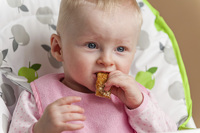 At this stage, your baby might need less of their usual milk to make more room for food during the day. Develop a routine of three meals a day and start adding healthy snacks, like vegetables, fruit, cheese, well cooked chicken breast/fish/eggs or bread/toast. Look at the Fun First Foods booklet below.
At this stage, your baby might need less of their usual milk to make more room for food during the day. Develop a routine of three meals a day and start adding healthy snacks, like vegetables, fruit, cheese, well cooked chicken breast/fish/eggs or bread/toast. Look at the Fun First Foods booklet below.
Although your baby will be having less of their usual milk it should still be the biggest part of their fluid intake. You should offer tap water in a free-flow or open cup with meals.
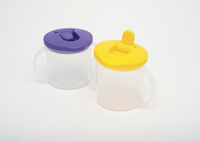
For more information look at:
- Fun First Foods booklet - this leaflet is available in other languages and in audio format.
- NHSGGC Starting Solids Show Cookalong and Short Recipes Videos
- NHSGGC Happy Healthy Tots: Feeding your baby or child
- First Step Nutrition Trust Eating well resources

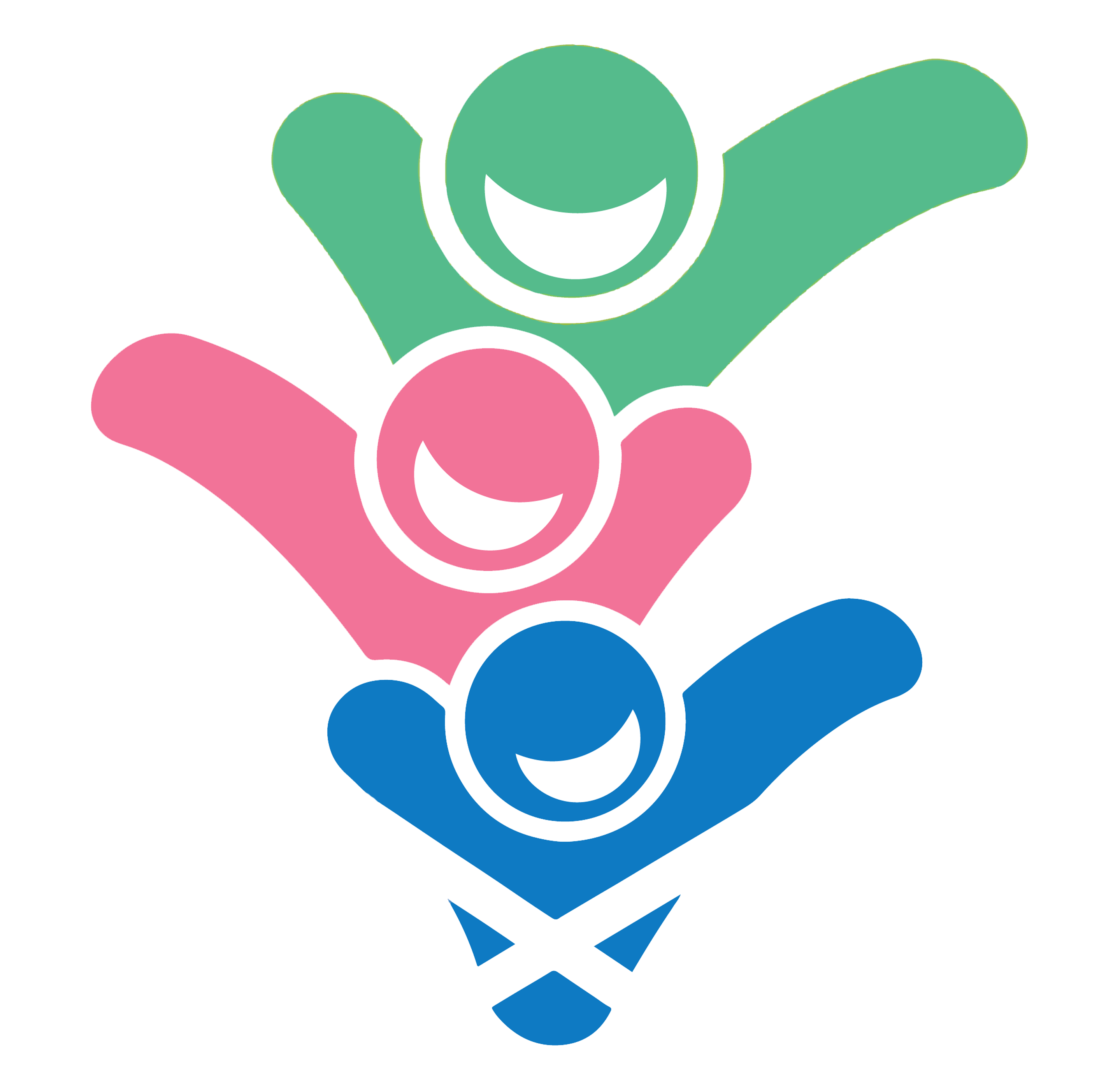
 Every child grows and develops in their own time. If you are worried about your child's development then speak to your Health Visitor, Family Nurse or GP.
Every child grows and develops in their own time. If you are worried about your child's development then speak to your Health Visitor, Family Nurse or GP.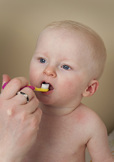
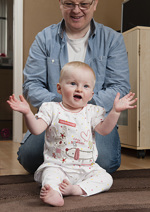 Listening and Understanding
Listening and Understanding 


